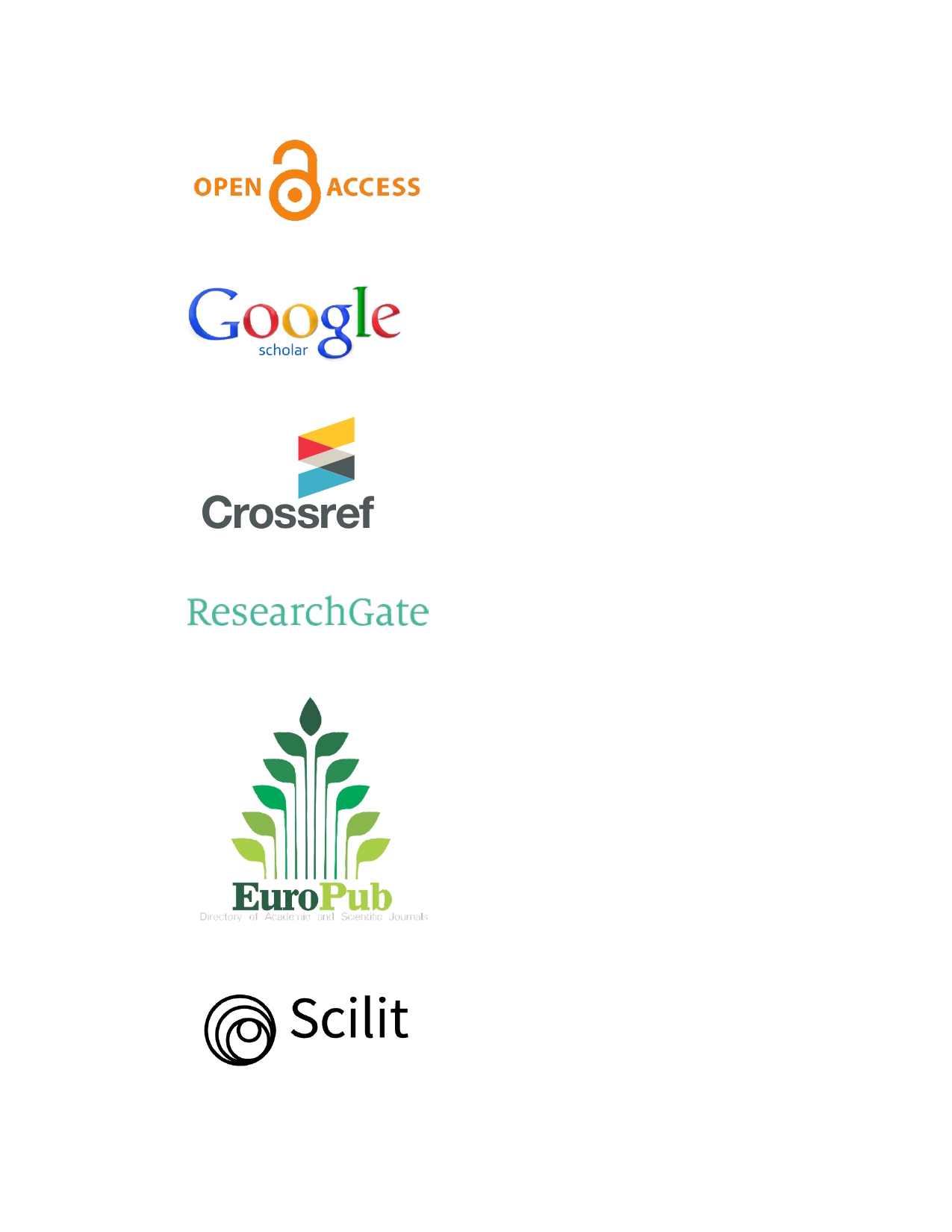Community Colleges and the Carnegie Elective Classification for Community Engagement
DOI:
https://doi.org/10.63002/assm.306.1202Keywords:
community colleges, community engagement, Carnegie Elective Classification, Institutional LogicsAbstract
This study examines the practices of U.S. community (two-year) colleges earning the Carnegie Elective Classification for Community Engagement. Community colleges are not widely represented in the Elective Classification. In keeping with each state’s charge of workforce and economic development and training, community colleges focus on teaching as compared to four-year universities conducting research. Using thematic analysis, the study found four themes across the 26 colleges earning the prestigious designation from 2006-2024. The study documents the practices of institutionalized service-learning and community engagement at community colleges achieving the Carnegie Elective Classification for Community Engagement and interprets the findings through a conceptual framework of Institutional Logics focusing on Bureaucratic/State and Market Logics as key obstacles to expanded participation by the colleges. A much-needed future research agenda on service-learning and community engagement within the two-year college sector is proposed framed in Institutional Logics.
Downloads
Published
How to Cite
Issue
Section
License
Copyright (c) 2025 Carol White

This work is licensed under a Creative Commons Attribution 4.0 International License.






